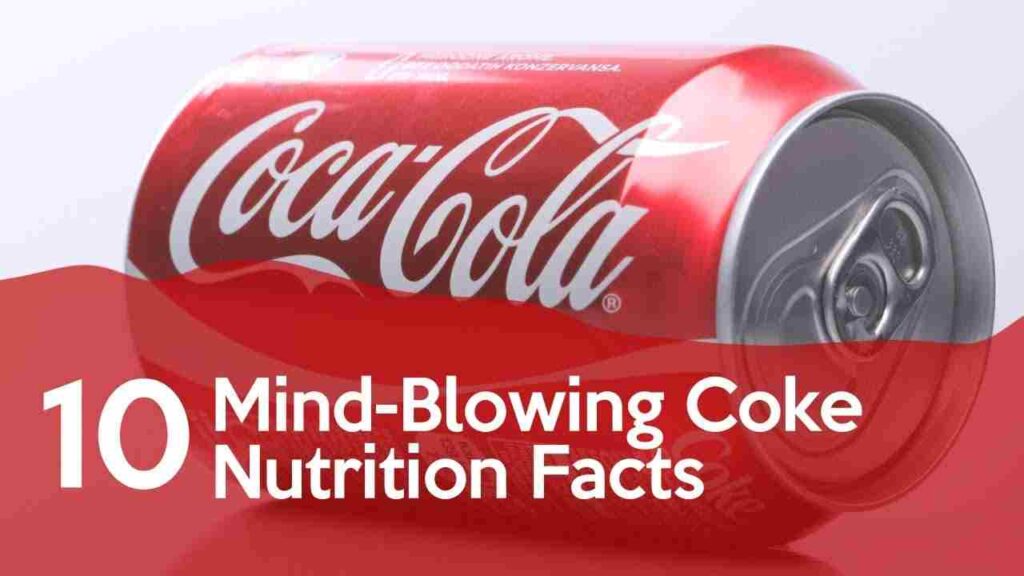
Decoding the Beverage: Nutrition Facts for Coke
Embark on a revealing journey through the nutrition facts of Coke, uncovering the hidden ingredients and their impact on your health. Quench your curiosity with this eye-opening exploration!
Nutrition Facts for Coke
Let’s explore the fascinating “Nutrition Facts for Coke” world! Today, we’ll set out on a journey through the world of soda, uncovering the intriguing information that lies within the labels that you might find on a Coke can or bottle.
Let’s start by discussing the serving size. The information on the nutrition label is typically based on one serving of Coke. A serving size is a specific amount that a product’s manufacturer regards as one single serving for consumption. This serving size for Coke is typically 12 fluid ounces, or 355 milliliters. Therefore, you will need to adjust the numbers if you drink more or less than that amount.
Now, young adventurers, brace yourselves as we enter the world of calories! Calories are equivalent to the energy that food and beverages provide to our bodies. A 12-ounce serving of Coke contains approximately 140 calories. So, if you have a can of Coke, that’s how much energy you’ll get from it.
Then we arrive in the land of carbohydrates. These are the nutrients found in foods that provide us with energy. One serving of Coke contains approximately 39 grams of carbohydrates. Oh, and watch out for the term “sugars” in the nutrition facts. That’s around 39 grams for Coke, which is all part of those carbohydrates.
Don’t forget about the sodium! Sodium is a necessary mineral for our bodies, but too much of it is harmful. There is a small amount of sodium in Coke, usually around 45 milligrams per serving.
Let’s talk about ingredients now, my young explorers. The nutrition label does not list all of the ingredients, but we do know that the main components of Coke are carbonated water, high fructose corn syrup (a type of sugar), caramel color, phosphoric acid, natural flavors, and caffeine. Caffeine is a stimulant that can have an effect on our bodies, so drink Coke in moderation.
It’s important to remember that, while Coke can be a tasty treat on occasion, it’s not the healthiest option for our bodies. It’s high in sugars and calories, which can cause health problems if consumed in excess.
So there you have it, brave young students! The nutrition facts for Coke, decoded in a way that will hopefully pique your interest in what you eat. Remember that knowledge is power, and knowing what we eat and drink allows us to make healthier choices. Stay curious, stay informed, and have fun with your nutrition adventures!
Also Read: Unraveling Hot Cheetos Nutrition Facts: Crunching the Numbers